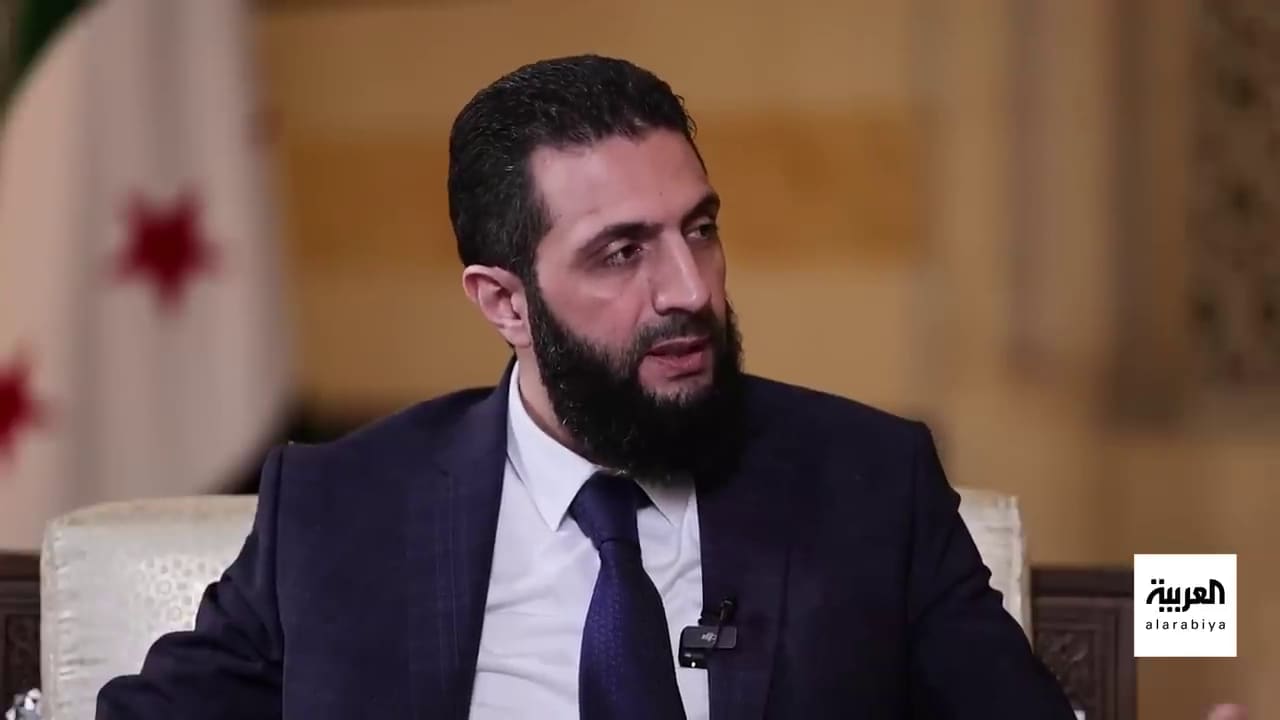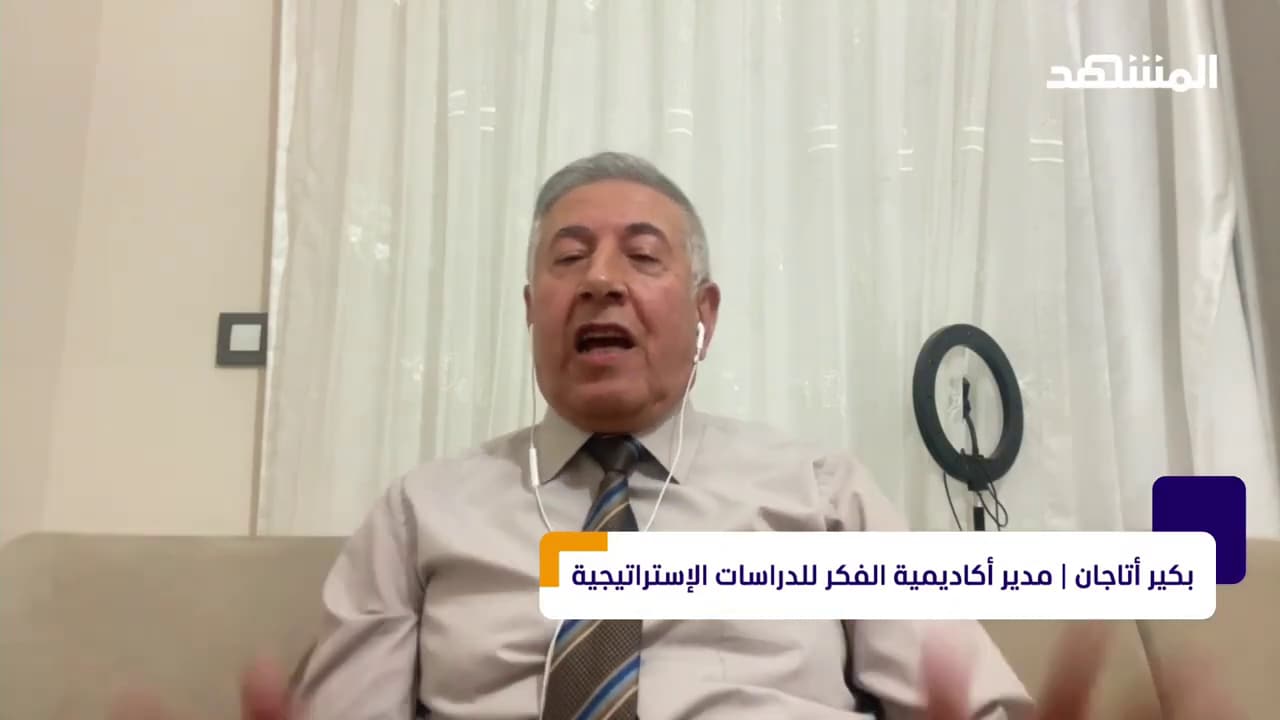
During an interview on the Egyptian Mehwar TV channel, Kuwait's former Minister of Information Sami Abadullatif Al-Nesf praised Oman for supporting the "Deal of the Century" and for wanting to arrive at realistic solutions to the Palestinian issue. Al-Nesf said that the Palestinian cause has paid the price for choosing bad leaders who made bad decisions, and that the Palestinian cause has become the cause of missed opportunities. He also said that nobody has harmed the Palestinian cause as much as the extremists have, and criticized those who claim to love Palestine for wanting "war and fighting down to the very last Palestinian child." He said that the "Deal of the Century" should not be rejected out of hand, and that those who reject it should offer an alternative. The interview aired on October 27, 2018.
Following are excerpts:
Sami Al-Nesf: There are three matters pertaining to the Palestinian cause. First of all, you are responsible for the leaders you elect. When you elect bad leaders, you pay the price. The Palestinian cause began with Mufti Amin Al-Husseini, who went to Hitler and made some other bad choices.
[…]
Compare the cases of Mugabe and of Nelson Mandela. Mugabe drove out the whites, and [Zimbabwe] ended up being the poorest country in Africa. On the other hand, Nelson Mandela reached a compromise [with the whites], and South Africa became the richest country in Africa. We could have reached a compromise [with Israel]. We could have accepted one of the offers that we were offered at the time, but you can't say 20 years later: "Now we want the [1947] Partition Plan." Nobody is talking about the Peel Commission anymore, even though its recommendations were even better [for us] than the Partition Plan. We must pay the price for choosing bad leaders who made bad decisions. The Palestinian cause has paid the price. The Palestinian cause has become the cause of missed opportunities. It is not even a unique cause. There were settlers in Algeria, and the same is true for South Africa. It is the same in many countries – immigrants came from abroad. Even in Northern Ireland, the majority of Protestants came from Scotland. They were not native to Ireland. Nevertheless, solutions were reached with the newcomers. Now we have come full circle. Everything has been tried: Raising a racket, hijacking planes, acts of terrorism, meddling in Arab affairs, and many other things. All these things have set the Palestinian cause back to the degree that it is not even mentioned in the news. Today, there is another opportunity. What Oman is doing today… Oman has been known to embrace wise positions, even in the days of President Sadat…
Host: It did not join the Arab boycott of Egypt.
Sami Al-Nesf: The bottom line is that the benefits of the Camp David Accords far outweigh its disadvantages.
[…]
Nobody has harmed the Palestinian cause as much as the extremists have. The rational voices have never been given a chance, and there were rational people back then. Mufti Amin Al-Husseini had a militia of blackshirts, who killed more [Palestinian] moderates than they killed Jews.
[…]
Host: We need what one might call "realistic diplomacy."
Sami Al-Nesf: Correct! I wouldn't mind an overdose of realism. Oman is currently assuming this role. It wants to arrive at real and realistic solutions to this problem. The people who claim to love the Palestinians want war and fighting down to the very last Palestinian child. These people rarely get hurt. They sit far away and use big words, but the reality I witnessed in Palestine is tragic.
Host: There is an Egyptian saying that goes: "Go ahead and ululate, you are not the one who is paying!"
Sami Al-Nesf: Exactly. Those who don't have relations with Israel always call to sever relations. Those who do not share a border with Israel always call for war with it. Those who have no oil always call for an oil embargo. We have this culture of wanting others to do what we are unwilling to do. The Palestinian cause is a central cause. The role played by Oman is a good one, and the same is true for Egypt. I think that if there is a "Deal of the Century," we must not reject it out of hand, like we did in 1937, in 1948, in [1965] with the Bourguiba proposal, and so on. We need to ask ourselves what the alternatives are. Those who reject the deal should offer an alternative. Do you have an army that can liberate [Palestine]? Go ahead, do it. You don't? Until when will they peddle Palestinian land and blood? The land is being lost and the blood is being shed.













